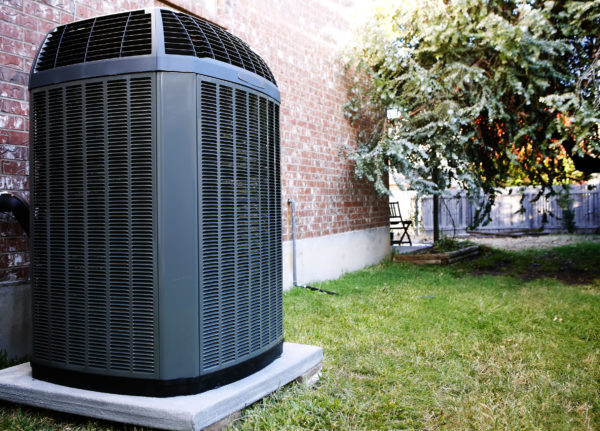Are There Downsides to Owning a Heat Pump?

A heat pump can be a great way to heat and cool your home. However, they’re not right for every home and client. What are the downsides to heat pumps?
Higher Installation Cost
Installing a heat pump usually has a higher installation cost than replacing a typical air conditioner or furnace. The higher up-front cost gets even higher if you decide on a ground-source heat pump as it requires heavy equipment to dig up your yard.
They Use Electricity
While heat pumps don’t have the same dangers as furnaces that use natural gas, their reliance on electricity isn’t great either. When the power goes out, a heat pump won’t operate. However, this is also true of modern furnaces that use electric igniters to start. You may want to invest in a backup generator to provide electricity during power outages.
Also, while heat pumps are very efficient, the cost of electricity is usually higher than that of natural gas. While you’ll save money on natural gas by switching from a gas furnace to a heat pump, your electricity bill will rise.
Less Efficient in Colder Climates
Heat pumps are most efficient when the temperature is above 40 degrees. While modern ones do operate in below-freezing temperatures, they lose quite a bit of their efficiency. Most modern heat pumps have a backup heat source for when it gets very cold outdoors, but that also isn’t very efficient.
They’re Not Completely Sustainable
While heat pumps don’t use natural gas to operate like a gas furnace does, that doesn’t mean that they’re good for the Earth. They use electricity, which is typically generated by burning fossil fuels. To make them sustainable, you would need to have solar panels on your home.
CSL Climate Control Company in Wheeling, IL, installs, repairs, and maintains heat pumps along with furnaces, air conditioners, radiant heating, boilers, and mini-splits. We also offer indoor air quality products and services. Get in touch today to find out more!







